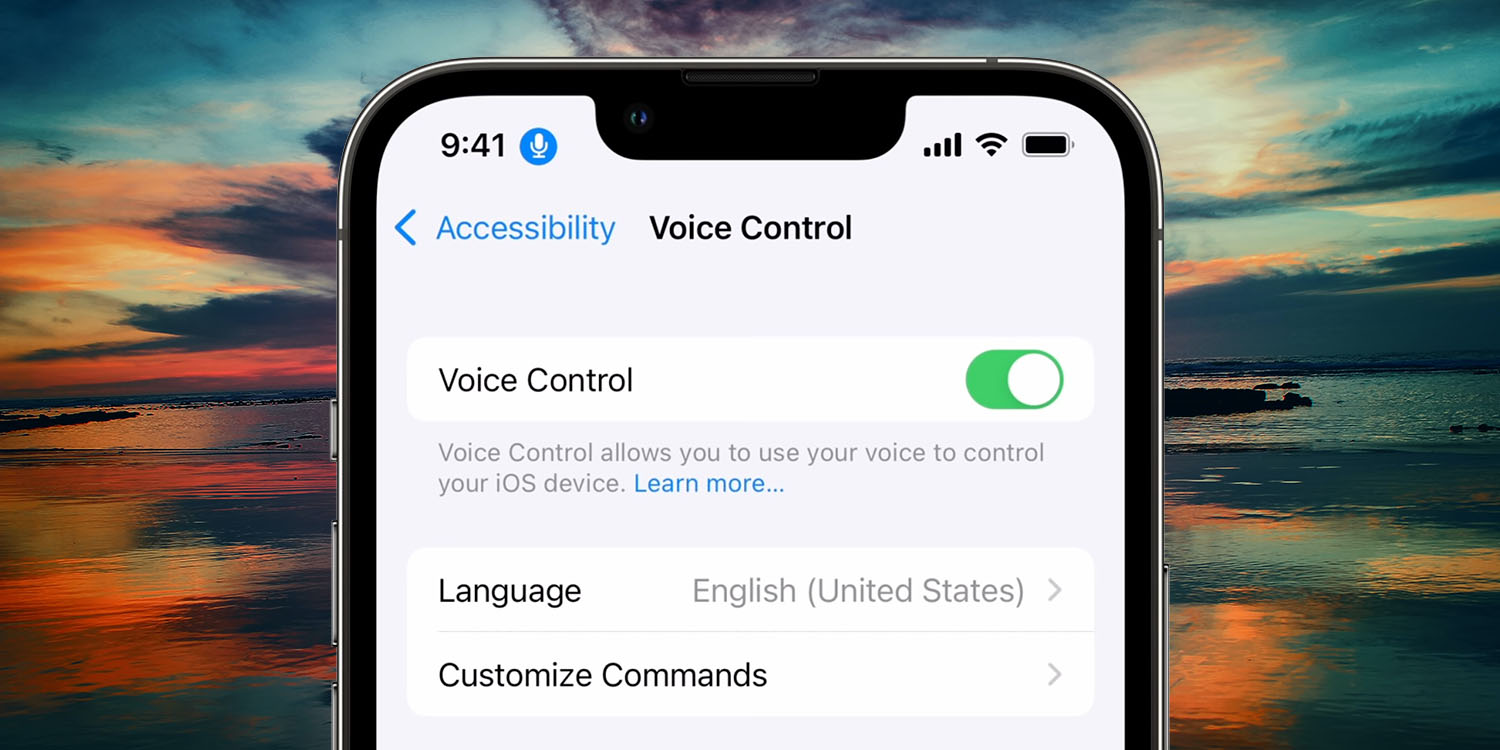
Disabled people who rely on Apple’s accessibility features say that Voice Control has fallen behind Siri in both accuracy and capabilities, despite being an essential rather than a nice-to-have.
They say it’s frustrating to see the Cupertino company continue to make improvements to Siri, while Voice Control – which is key to many disabled people being able to use Apple tech – has apparently been forgotten …
What is Voice Control?
Voice Control is an accessibility feature aimed at people who are unable to use their hands to control an iPhone, iPad, Apple Watch, or Mac. It is also used by many blind people.
It was one of the accessibility features highlighted in an Apple video late last year.
A quadriplegic man uses voice to instruct his iPhone to take photos of himself, then uses gestures like sticking out his tongue and raising his eyebrows to edit the photos.
An Apple support video shows how the feature works on iPhone and iPad.
A pioneering feature which has fallen behind
Voice Control actually predates Siri, but development of the two technologies has remained separate, despite to considerable overlap in functionality. The problem is that while Siri has advanced, Voice Control not so much.
9to5Mac friend and paraplegic disability campaigner Colin Hughes wrote an opinion piece detailing both his own experience with the feature, and that of others. He says that while Siri is a handy convenience for most, Voice Control is a necessity for others.
Voice Control is more than just another app for those with severe disabilities. Some rely on voice tech for everything they do on a computer or smartphone. For people like me, being able to dictate accurately, and control my Apple devices by voice, can make or break my day. It’s much more than a convenience – voice dictation tech is my line to the outside world.
One frustrating bug Apple hasn’t fixed errors in capitalization – even when words have been added to the custom vocabulary which is supposed to prevent them.
When using Voice Control, imagine you have a friend with a foreign name or encounter a company not recognized by the app. You add these proper nouns to custom vocabulary with capital letters, but when you dictate them, Voice Control always ignores the capitalization mid-sentence.
Here are some more examples of how Voice Control struggles with proper nouns. The verb “will” is often mistaken for the proper noun “Will” in Voice Control. Similarly, when referring to the fiery orb in the sky, the app may mistakenly recognize it as the UK tabloid newspaper “The Sun.”
Another disabled user, Ian Gilman, says while Siri can be used universally, in any app, Voice Control doesn’t permit editing across all apps.
While you can dictate into any app, you can only edit text in certain apps (like TextEdit).
Hughes says it’s frustrating that Apple has fallen behind other companies as well – not just Nuance’s Dragon Dictate, but Google, too.
I’ve experienced the benefits of more personalized speech recognition through trying out the Google Project Relate app on a Pixel phone. It has offered me the most accurate voice dictation I have ever been able to achieve on a mobile device – and that’s while dictating wearing a somewhat noisy ventilator mask over my nose.
The piece calls for Apple to devote more resources to Voice Control, and to more fully engage with the disabled community.
FTC: We use income earning auto affiliate links. More.




Comments